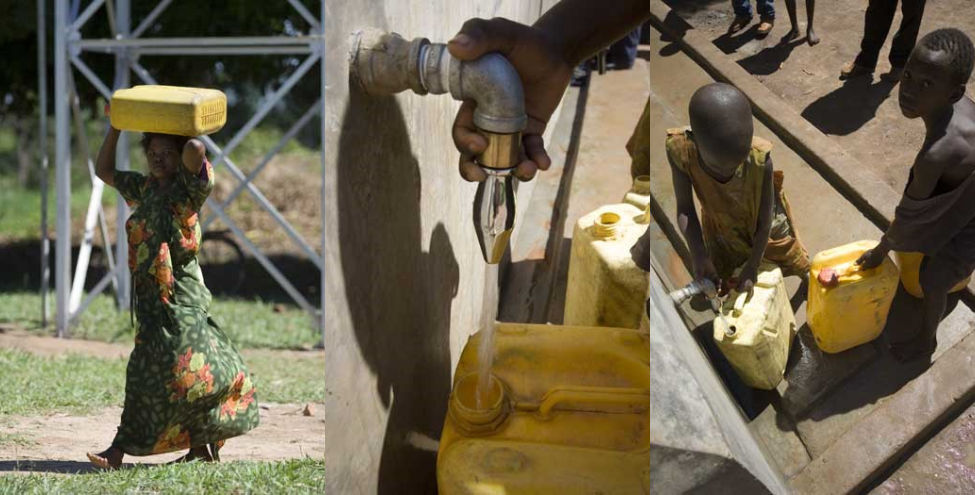Introduction
Access to clean and safe drinking water is a fundamental human right, and it is essential for healthy living. However, in many parts of the world, access to safe drinking water remains a challenge, and Uganda is not an exception. According to the UN, Uganda's population is expected to grow at an annual rate of 3.2%, with a population estimate of 48,582,334 by July 2023. Meeting the daily water requirements of this growing population is critical to ensuring that they have access to safe and clean drinking water.
The UN recommends a daily water requirement of 50 liters per person, but for most African countries, including Uganda, this is an unattainable target. In this report, we will explore the future ten-year drinking water requirements for Uganda based on a more realistic daily water requirement of 20 liters per person. We will also examine the investment required to meet this requirement and the potential return on investment.
Current Water Situation in Uganda
Uganda is endowed with several water sources, including lakes, rivers, and underground water, which provides an opportunity for adequate water supply to its population. However, access to safe and clean drinking water remains a significant challenge, especially in rural areas. According to the Ministry of Water and Environment, only 65% of the population has access to safe drinking water, and this percentage drops to 44% in rural areas.
The lack of access to clean water has significant health implications, with waterborne diseases being a leading cause of death in the country. The most common waterborne diseases in Uganda are cholera, typhoid, and dysentery. These diseases are more prevalent in rural areas, where access to clean water is limited, and sanitation is poor.
Furthermore, the issue of water scarcity is also a challenge in many parts of the country, with some regions experiencing prolonged drought periods. The water scarcity issue is further exacerbated by climate change, which has led to erratic rainfall patterns and reduced water availability.
Ten-Year Drinking Water Requirement for Uganda
To meet the daily water requirement of 20 liters per person, Uganda would require a total of 971,646,680 liters of water per day. This figure is based on the UN's estimate of 48,582,334 as the population by July 2023. To put this into perspective, Uganda's total renewable water resources are estimated at 66.5 billion cubic meters per year, which translates to approximately 182 million cubic meters per day.
Thus, meeting the daily water requirement of the population will require a significant increase in the water supply infrastructure. This will include the construction of new water treatment plants, drilling of boreholes, and the expansion of the existing water supply infrastructure.
Investment Required to Meet the Drinking Water Requirement
The investment required to meet Uganda's drinking water requirement is significant, and it will require both public and private sector investment. The World Health Organization (WHO) estimates that for every dollar invested in the water, sanitation, and hygiene (WASH) sector, there is a return of eight dollars in health and other financial benefits.
The Ugandan government needs to increase its investment in the WASH sector to ensure that the population has access to safe and clean drinking water. This investment should include the construction of new water treatment plants, drilling of boreholes, and the expansion of the existing water supply infrastructure. The government should also prioritize investment in water conservation measures, such as rainwater harvesting and water reuse.
The private sector can also play a significant role in meeting Uganda's drinking water requirements. Public-Private Partnerships (PPP) can be used to accelerate the process of improving access to clean and safe drinking water. This approach can leverage the strengths of both the public and private sectors and increase the efficiency and effectiveness of water supply projects.
Donate to J016




